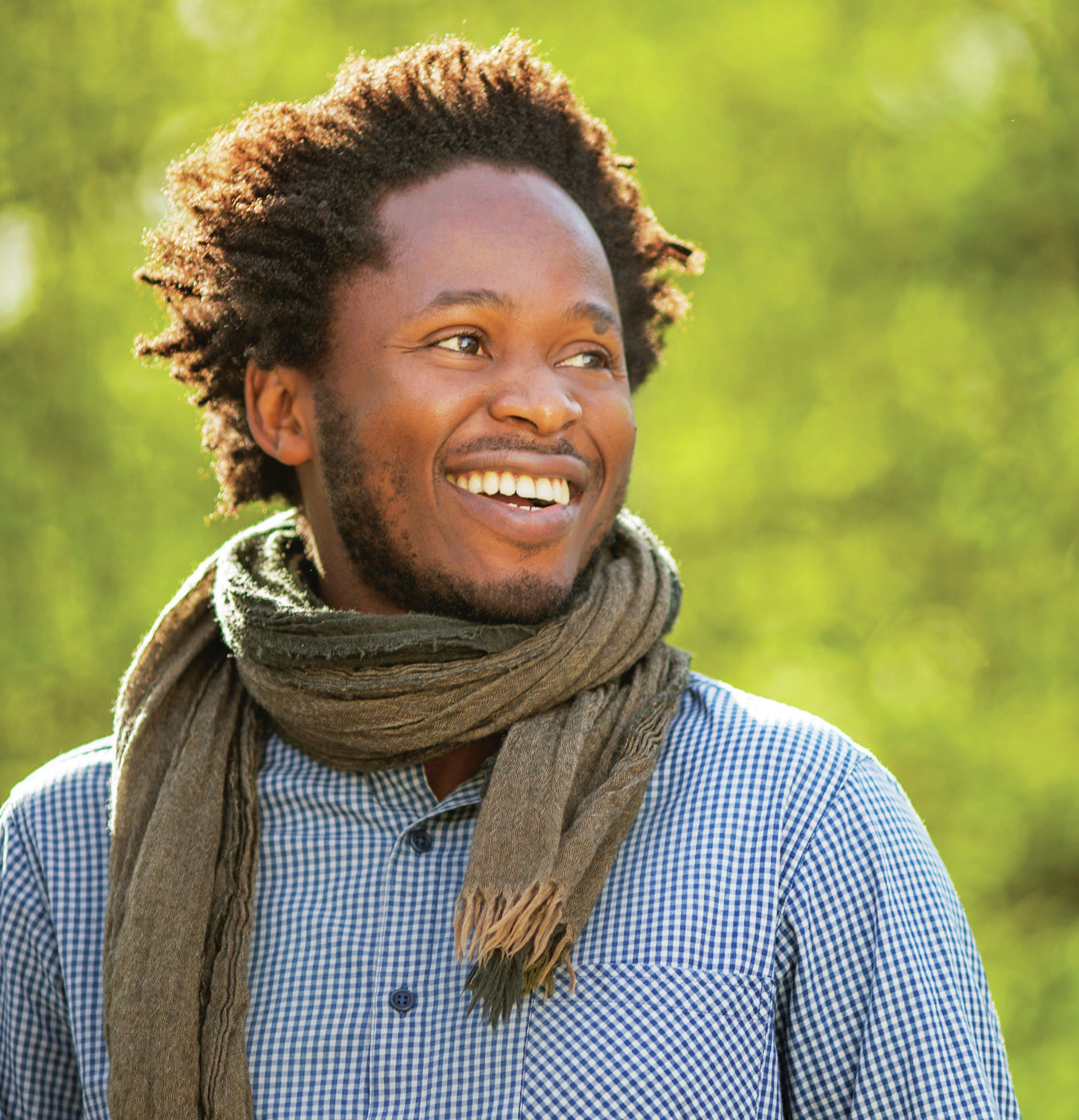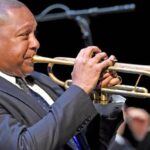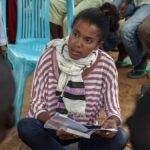As a 13-year-old child, on the run after losing his family to civil war, he clinged for hope as he wandered into a military base camp. Yearning for safety, food and shelter, Ishmael Beah along with other young children envisioned their newfound life at this camp would be free from any more hurt, pain, anger, and trauma. However, the soldiers at the camp had other plans – to use these children as child soldiers in the name of fighting a war for a so-called cause.
Child soldiers have been utilised in wars across the African continent since the 1980s when a lot was happening, from the spread of imperialism to political instability. Under the guise of fighting for democracy, children were brainwashed, drugged and made to claim countless lives. They were robbed of their childhoods, and they could dare not afford to be weak; with no choice than to buck up till it became the norm to inflict pain and to kill, according to Beah who was a former child soldier in Sierra Leone.
“One of the harshness of war is each day you survive in a war, it will require somebody else to die on your behalf. Either you do the killing or somebody else does it on your behalf.”
“When you’re a soldier on the ground, it’s either you kill or be killed. I was afraid at first but it became normalised. There was always fighting or some sort of killing that was happening that required taking a life. It happened so frequently that it kind of became normalised just as drinking a cup of water and moving on.”
“It also became about trying to protect the other kids as well. We tried to look out for each other. But when a friend died, you basically picked up their arms and ammunition and if they had proper shoes that you didn’t have, you took the shoes off and you left their body, and moved on. I never tried to think about it because what we had to come to realise is that it would make you weak and it would weaken your resolve to continue living if you allow yourself to mourn or feel anything.”
Life became so repetitive that Beah among other young children, at the time as young as nine years old, lost sense of themselves. Warped, they had been roped into their own version of a black hole in space and time where no ray of hope could seep through. So much so, two years on, a visit from UNICEF workers who came in the name of rehabilitation to rescue him and others, seemed like an extremely far-fetched idea.

“One day we came to the commander’s base and there were a few people there who were not the people you usually see. We knew they were civilians and we also knew they were civilians from the city because when you’re in guerilla warfare you could smell people from the city miles away because they are wearing cleaner clothes and they’ve probably taken a proper shower than you. You can just get a sense of it when you see them.
They had this t-shirt that had this logo on it with somebody holding up a baby. I had never seen anything like that before. So actually my first thought was that they were a new mercenary group who were going to link up with the fight but they introduced themselves as child protection services from UNICEF.”
Commanders of various fighting groups who fought in the civil war were meeting with UNICEF workers, negotiating how children under 18 in their ranks would be released, rescued and taken to rehabilitation centres in the capital. It was a resolve to hopefully give back what the children had lost in their childhoods – true normalcy.
“I wasn’t happy about this. Because I had come to learn that the only way to survive in this country at the time was through having a weapon and being part of an army. So a bunch of people with t-shirts, ‘how were they going to protect me?’”
To Beah, being part of the war meant he was part of a new family. It was his community.
But he was put in a truck with the others set to find a different home, a better home. Beah would stare at the commander’s base fading into the distance as the truck sped off to the rehabilitation centre in Freetown, the capital. There, Beah would begin unlearning and relearn what a child his age should be doing.
At the centre “we were very resistant because for us to be taking commands from a civilian was unacceptable. If they told us to do anything, we refused to do it and we only did it on our own terms when we wanted to do it.
We were not very easy people to deal with. The people who were helping us when they came to the centre to work with us, we wanted to kill them. We threw the food at them, we poured hot water on some of them, we burnt the mattresses. That’s how it started at first.
But then slowly, we realised that these people really care for us because we would attack them, we would hurt some of them and they would still return to work the next day. Not all, but a good number returned the next day.
So for me, at least, it was my curiosity that began to open the possibility for me to carefully see what they were really about.”
After several sleepless nights in his dorm at the centre while facing withdrawal symptoms, Beah began to open up after a UNICEF worker gave him a Bob Marley tape to listen to. He started reminiscing about his happy days when he was much younger in his simple village, sharing stories from his childhood with Esther.
“She was the first adult I would trust. One of the things with her which changed for me was the way she said ‘it wasn’t my fault’ and they way she looked at me is the first time I felt somebody just really liked me and loved me and saw me just as a little boy and not as a soldier; not as anything to do with fear. That really impacted me. I could feel it coming from her and so because of that I started becoming close to her but I didn’t let her know at all that I felt this way because I was still holding my cards.”
“She would ask me about what I wanted to do with my life and then I would say, well I don’t know. Then she would say you can do anything because you’re an intelligent kid. This was the first time anybody said that I was intelligent. Otherwise, people had just looked at me as a traumatised person. She would say to me, ‘Listen, you should try to use that intelligence that you’ve used to survive war to actually make something of yourself’. At the time, this too seemed far-fetched because I asked, ‘where do I even start’ and she said, ‘you’ll know’.
This was a breakthrough moment that now I think about it in retrospect, I really realise she was laying the foundation and that actually gave me the desire to start speaking out.”

Ishmael Beah, some years later gave a speech at the United Nations General Assembly in New York in 1996, at the age of 16 where he spoke about experiences. His testimony formed part of a pivotal report about the impact of armed conflict on children. A decade later, he became the first UNICEF Advocate for Children Affected by War and is now the author of two best-selling books, ‘Long Way Gone’, ‘Radiance of Tomorrow’ and ‘Little Family’ which is a fiction novel.














